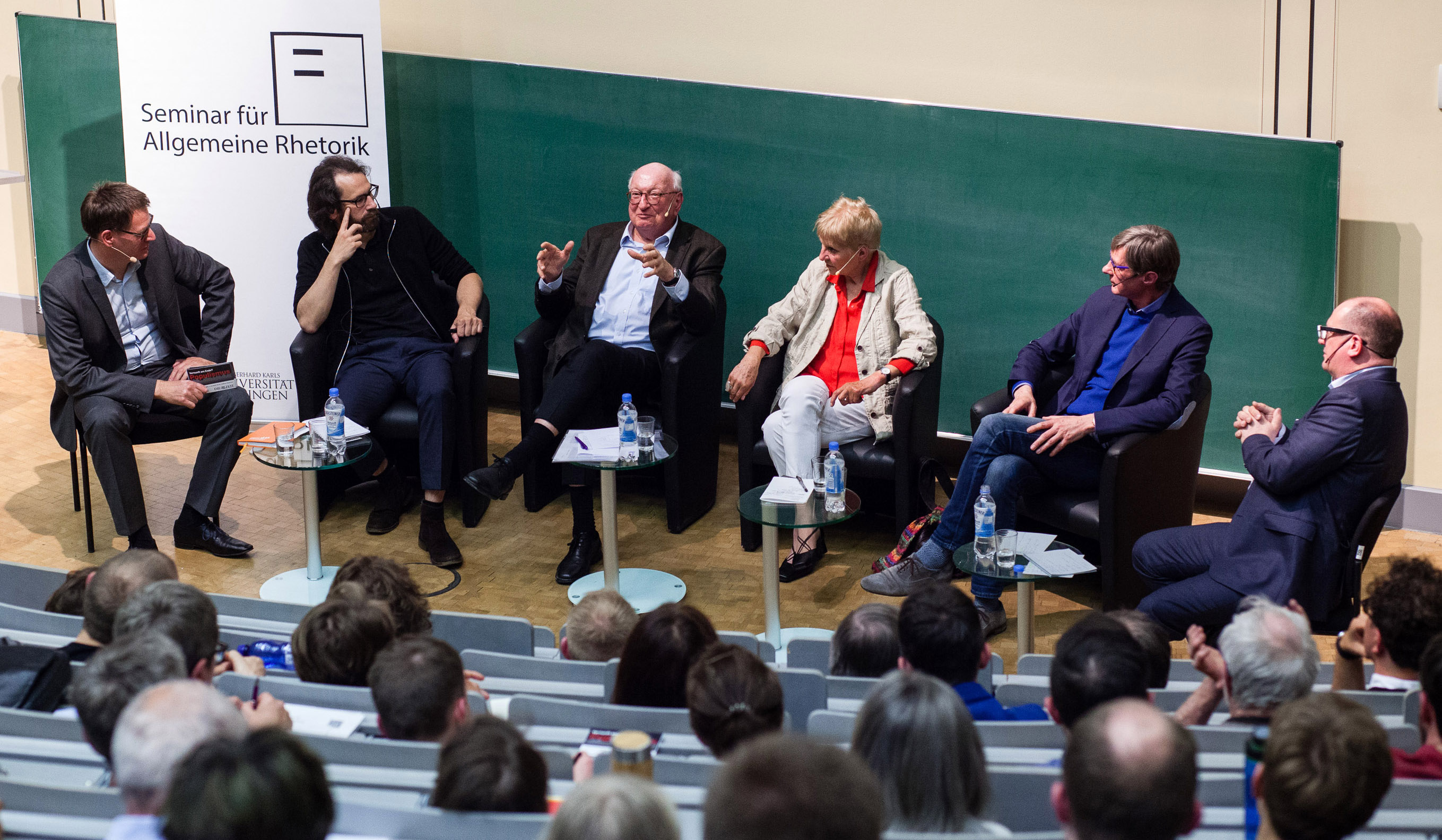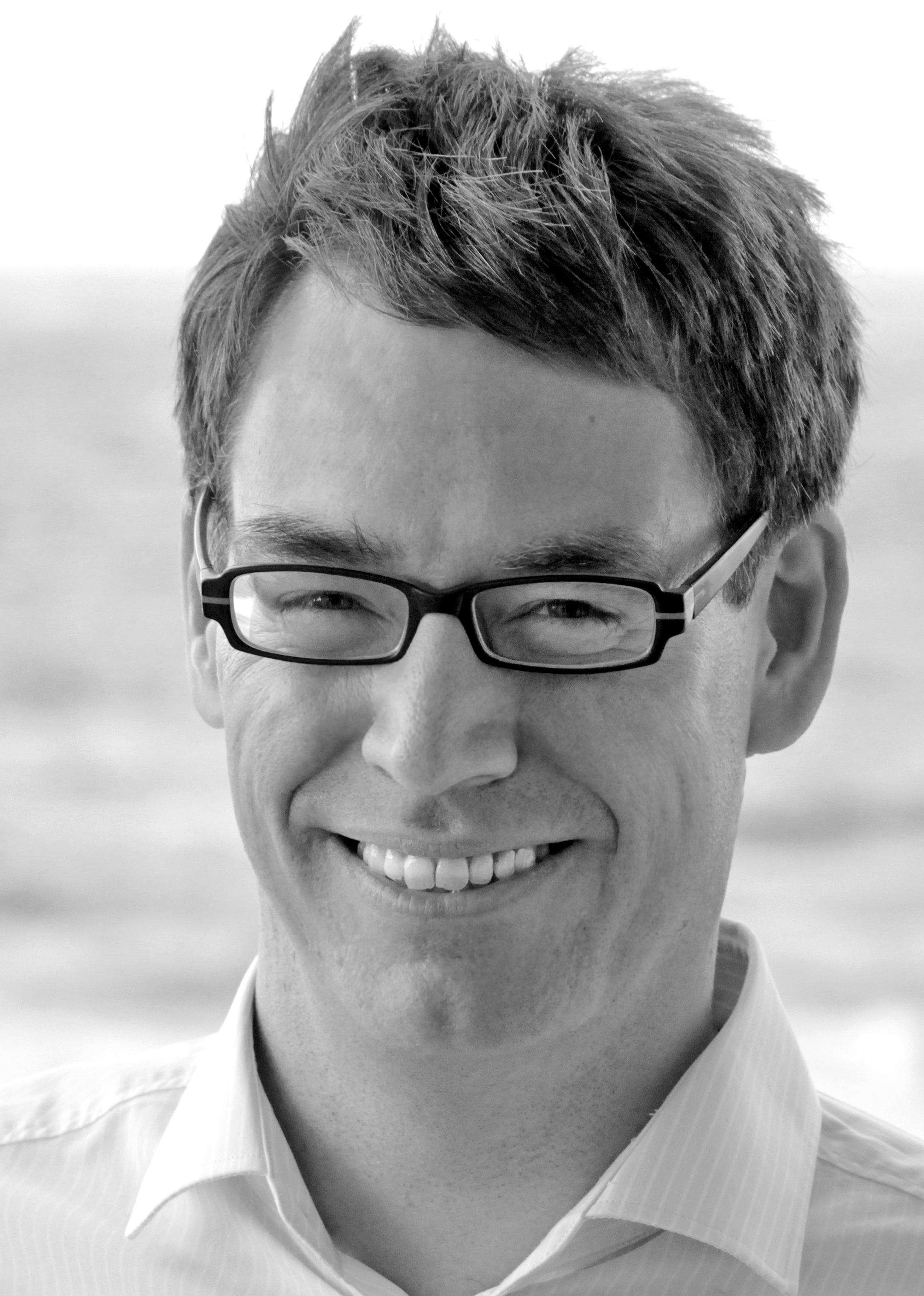CV
Overview
Olaf Kramer is Klaus Tschira Professor of Rhetoric and Knowledge Communication and Department Chair of the Rhetoric Department of Tübingen University (Germany), where he also heads the associated Presentation Research Center (Forschungsstelle Präsentationskompetenz). His main areas of research include literary aesthetics around 1800, communicative competence and continuing education, political communication and strategic positioning, as well as fiction and virtual reality.
Kramer is co-editor of the Science Notes Magazine snd the neue rhetorik / new rhetoric series.
Career Background
Kramer studied Rhetoric, German Literature, Philosophy, and Psychology in Tübingen, Frankfurt/Main (with Jürgen Habermas), and Chapel Hill, North Carolina, USA (with Lawrence Grossberg). Between 1999 and 2008, he worked as Research Assistant in the Rhetoric Department of Tübingen University. After attaining his PhD degree with a dissertation on rhetorical aspects in the works of Johann Wolfgang von Goethe (2008), he worked as Research Associate at the chair of Prof. Joachim Knape. In 2010/2011, Kramer served as deputy professor for Rhetoric in Tübingen. Since 2012, he heads the Presentation Research Center, an externally funded project supported by the Klaus Tschira Foundation. At the same time, he is a member of the management team behind Youth presents (Jugend präsentiert, since 2013) and founder of the Science Notes. In 2014, he started a lecture series on “Rhetoric and Knowledge”, before being habilitated with a study on virtual reality and attaining authorization to teach (venia legendi) in Rhetoric and German Literature in 2015. Since 2016, Kramer is Faculity Member of the LEAD Graduate School and Klaus Tschira Professor for Rhetoric and Knowledge Communication.
Apart from contributing to many television reports for ZDF/3sat and RTL, Kramer also worked in the field of coaching and counselling, heading several rhetorical trainings for diverse organizations and companies (e.g. Auswärtiges Amt, Stiftung deutsche Wirtschaft, Böhringer Ingelheim Fonds, Max Planck-Gesellschaft, Körber AG).
Current Events and Highlights
ZEIT Forum Wissenschaft:
|
Specialist Conference 2017:
|
Current Information on the Science Notes
|
Radio report on TED Talks and Science Slams (Deutschlandradio): |
Video recording Rhetoric and Knowledge
|
Main Areas of Research
-
1 Literary Aestheics around 1800
The problem context often described as “crisis”, “end“, or “downfall” of rhetoric around 1800 had its roots in the discursive and anthropological conditions coining rhetorical practice and research at this time. In my PhD thesis, I examined the anthropological changes of the 18th century as well as their effects on rhetoric by analyzing and embedding works of Johann Wolfgang von Goethe.
In the wider context of my approach, rhetoric is conceived as a complex theoretical model (Rhizom), which is continually reinterpreted in different ways depending on changing anthropological contexts. I strive to examine the major shift from a traditional concept of rhetoric aiming at persuading external addressees to a rhetoric of self-persuasion (as portrayed by Blumenberg and Meuthen) in greater detail.
Related publication (example): Goethe und die Rhetorik. Berlin 2010
-
2 Politcal Communication and Strategic Positioning
In the course of the 20th century, the conditions and strategic requirements of political communication have changed dramatically: Rapidly expanding scrutiny by mass media and continuing differentiation in regard to legal systems have resulted in an increasingly complex and demanding communicative setting. In diverse studies addressing political communication in Germany and the USA, I have analyzed and explored current conditions and challenges in this field. My main focus lies on examining the significance of strategic positioning in the context of diverse and contrasting opinions, narratological patterns, and Social Media.
Related publication (example): Politik durch das Wort. Über die Bedeutung der öffentlichen Rede im politischen Raum. In: Cornelius-Bundschuh, Jochen und Jan Hermelink (ed.): Nicht durch Gewalt, sondern durch das Wort. Die Predigt und die Gestalt der Kirche. Leipzig 2011. pp. 102-128
-
3 Development of Communicative Competence / Rhetoric Training
Since its very beginnings, rhetoric has been a practical discipline examining how communicative processes can be optimized. In my work at the Rhetoric Department of Tübingen University, the field of rhetoric in practical use and application is of special importance: I regularly offer practice-oriented courses on successful media usage in presentations, on the rhetoric of conversations and negotiations, and on techniques of argumentation and evidence. Those courses strengthen the students‘ communicative competence and provide important practical training opportunities complementing their theoretical education.
Methodologically, I strive to combine insights informed by the classical rhetorical tradition with modern approaches of social sciences, putting special emphasis on solid empirical foundations. One of the diverse fields of practical application I cover extensively is online-communication: Among other examples, I developed, together with a group of students, an explainer video presenting the rhetorical study program at Tübingen University. At the same time, I worked in close cooperation with Maria Medien (Stuttgart, Germany) as a scientific adviser in developing the successful simpleshow format. I am very interested in new media developments, innovative presentation software, web 2.0 communication and social media. All of those examples open up utterly new communicative opportunities which I regularly cover in my practical courses, and also examined in my habilitation study on virtual reality.
As a result of cooperations with several organizations, institutions, and research facilities, I fostered a particularly close connection with the Klaus-Tschira-Foundation (Heidelberg, Germany), which has enriched my overall research interests with a strong focus on intelligible communication of themes and results from the natural sciences.
Simultaneously, my involvement in the Youth presents (Jugend präsentiert) project has added the areas of advanced training for teachers and the implementation of new training concepts in schools to my core fields of research: My staff members at the Presentation Research Center (Forschungsstelle Präsentationskompetenz) explore the increasingly significant intersection between rhetoric, media sciences, design, and training.
Over the course of the last few years, the Presentation Research Center has developed training concepts for a variety of initiatives that communicate research results of the natural sciences. Apart from Youth presents, we have been involved in a number of additional and complementing formats, including Junior Science Slams, Explore Science, and iMedia. Moreover, we developed the Science Notes as new, event-oriented presentation format.
Related publication (example): together with Rainer Malaka (ed.): Multiplikatorenhandbuch Jugend präsentiert. Heidelberg 2012.
-
4 Digital Rhetoric
My interest in online media originated from a very practical question: How can rhetorical considerations help in shaping effective and easily comprehensible websites – and hence increase the usability of web services? From a theoretical perspective, examining and understanding the distinctive communicative structure of digital media is of prime importance. The core question is: How and to what extent must traditional rhetorical paradigms be adapted or reformulated in order to fit the specific structures and characteristics of online communication? Online media not only stand out due to the non-linear structure of hypertexts and a special relation between orator and recipient, but also due to the important effects they have on the individuality and identity of their users. All of this results in a complex amalgam of challenges.
Against this background, my habilitation study explored the question of how content has to be presented in textual, pictorial, and interactive systems in order to establish virtual realities that succeed in immersing addressees: What are the conditions for a successful creation of virtual realities – and, as a result, fictional worlds?
Empirically, the reception process is particularly significant in this context: Following the possible worlds theory, successful creation of virtual realities is less about achieving technical perfection, and more about communicating psychological immediacy. In this regard, narrative techniques are especially important – which is evident in creating immersive video games as well as in conveying information on websites.
Ultimately, however, immersive effects are above all affected by the design of the user interface: Only an interface which allows users to no longer perceive their access to the information as a technical operation provides ideal conditions for immersion.
Related publication (example): Der Reiz des Einfachen. Zur Rhetorik und Ästhetik des Web 2.0. In: Gesche Joost and Arne Scheuermann (eds.): Design als Rhetorik. Grundlagen, Positionen, Fallstudien. Basel 2008, pp. 247-257.
-
5 Science/Knowledge Communication
The communication of knowledge and the accessibility of current research results are core challenges of the modern knowledge society. Up until now, efforts to optimize the process of science communication have predominantly relied on strategies derived from traditional science journalism. Rethinking and modernizing these basic strategies, the Youth presents (Jugend präsentiert) project has opened up new and innovative perspectives regarding science communication: By drawing on hermeneutic-rhetorical approaches as well as insights stemming from social and cognitive sciences, we identified crucial deficiencies in traditional models and practices: Very often, the social perception and public understanding of research conducted in the natural sciences suffers from a lack of situational framing as well as insufficient efforts in addressing the target audience. Moreover, insights based on rhetorical anthropology clearly suggest that humans do not perceive factual information in a neutral way, but rather process and digest information based on individual interests. Modern concepts and practices of science communication have to actively implement those insights, formulating new strategies that address and answer the crucial challenges exemplified above. Consequently, exploring the situational foundations of knowledge communication is part of my core research interests.
I am particularly interested in the challenges and chances of ongoing digitalization – and the question of how the pertaining changes impact the way we deal with information and knowledge: How can we use social media to advance modern knowledge communication? How can we update and re-invent the traditional communicative format of presentations in the light of novel software solutions and technical innovations such as smart boards and tablets?
In a general sense, media innovations fundamentally change the situational conditions of speeches. Addressing this insight, the Science Notes originated as an attempt to convey the social relevance of research conducted in the natural sciences, illustrating the crucial extent to which our future is shaped by scientific progress. At the same time, the lecture series Rhetoric and Knowledge (Rhetorik und Wissen) strives to provide best-practice examples regarding strategies and techniques of successful knowledge communication.
Related publications (examples):
- together with Rainer Malaka (eds.): Multiplikatorenhandbuch Jugend präsentiert. Heidelberg 2012.
- Die universelle Verfügbarkeit des Realen. Zur Rhetorik virtueller Realität (habilitation study, in press)
- (ed.): Evidence of Media / Media of Evidence (in press)
- (ed.): Ästhetik des Sichtbaren (in press)
Staff Members
Academic Staff Members
Department of General Rhetoric
| Lukas Beck, M.A. Department of General Rhetoric, Wilhelmstraße 50, Room 552, phone +49 (0) 7071/29-74257 |
| Sebastian König, M.A. Department of General Rhetoric, Wilhelmstraße 50, Room 551, phone+49 (0) 7071/29-74264 |
| Dr. Simon Drescher Department of General Rhetoric, Wilhelmstraße 50, Room 551, phone+49 (0) 7071/29-74264 |
| Michael Pelzer, M. A. Department of General Rhetoric, Wilhelmstraße 50, Room 552, phone+49 (0) 7071/29-74257 |
| Clara Rohloff, M.A Seminar für Allgemeine Rhetorik, Wilhelmstraße 50, Raum 552, Telefon 07071/29-74257 |
Presentation Research Center
| Dr. Markus Gottschling Presentation Research Center, Hölderlinstr. 29, Room 312, phone: +49 (0) 7071/29-77418 |
| Dr. Jutta Krautter Presentation Research Center, Hölderlinstr. 29, Room 303, phone: +49 (0) 7071/29-77998 |
| Dr. Carmen Lipphardt Presentation Research Center, Hölderlinstr. 29, Room 304, phone: +49 (0) 7071/29-77455 |
| Fabian Ruth, M. A. Presentation Research Center, Hölderlinstr. 29, Room 303, phone: +49 (0) 7071/29-77455 |
| Dr. Thomas Susanka Presentation Research Center, Hölderlinstr. 29, Room 312, phone: +49 (0) 7071/29-77418 |
| Yvonne Wichan, M. A. Presentation Research Center, Hölderlinstr. 29, Room 303, phone: +49 (0) 7071/29-77998 |
Science Notes Magazine
| Bernd Eberhart Science Notes Magazine, Hölderlinstr. 29, Room 309, phone: +49 (0) 7071/29-73176 |
| Elisabeth Pörnbacher Science Notes Magazine, Hölderlinstr. 29, Room 309, phone: +49 (0) 7071/29-73176 |
| Sandra Teschow, B.A. (parental/family leave) Science Notes Magazine, Hölderlinstr. 29, Room 309, phone: +49 (0) 7071/29-73176 |
Project Disruptive Rhetoric
| Dr. Simon Drescher Project Disruptive Rhetoric, Wilhelmstraße 50, Room 551, phone: +49 (0) 7071/29-74264 |
| Sebastian König, M.A. Project Disruptive Rhetoric, Wilhelmstraße 50, Room 551, phone: +49 (0) 7071/29-74264 |
Research Assistants
| Victoria Gutfreund |
| Anna Berlich, B.A. |
| Laura Winter |
Scholarship Holder
Pia Rox, M.A.
Publications
Book Series and Magazin Publications:
- editor of the series „neue rhetorik – new rhetoric“ (De Gruyter) (together with Jaochim Knape and Dietmar Till)
- editor of the „Science Notes Magazin“ (together with Thomas Susanka)
Books:
|
|
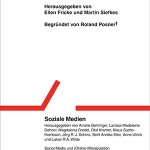 |
|
 |
|
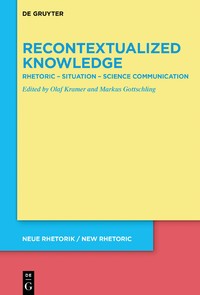 |
Reviews:
|
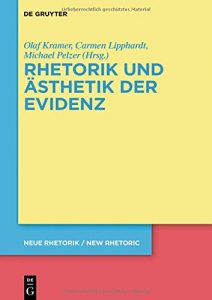 |
|
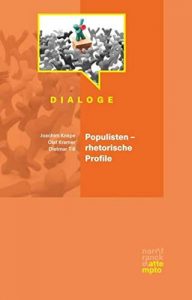 |
|
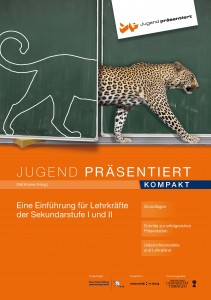 |
|
 |
|
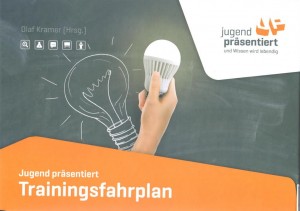 |
|
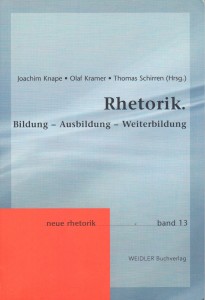 |
|
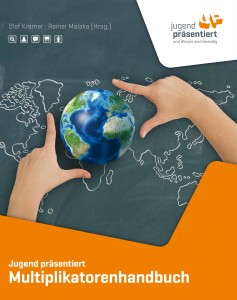 |
|
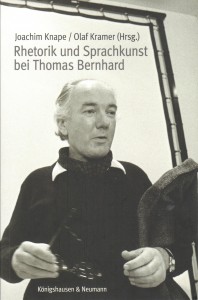 |
|
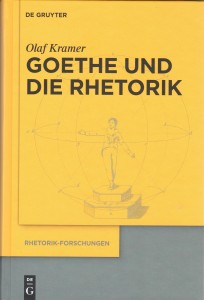 |
|
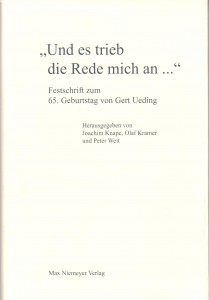 |
|
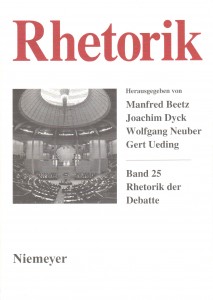 |
|
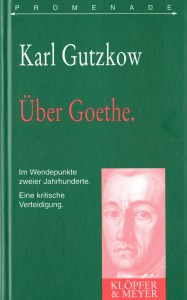 |
|
Articles/Essays:
|
Book reviews:
|
Dictionary Articles:
|
Journalistic Publications, Interviews, and Reports:
|
Speeches
Speeches in 2021
| September 2021 |
|
| June 2021 |
|
| May 2021 |
|
| March 2021 |
|
| February 2021 |
|
Speeches in 2020
| October 2020 |
|
| February 2020 |
|
|
Speeches in 2019
| November 2019 |
|
| October 2019 |
|
| September 2019 |
|
|
|
|
|
| June 2019 |
|
|
|
| May 2019 |
|
| April 2019 |
|
| March 2019 |
|
|
|
| February 2019 |
|
Speeches in 2018
| November 2018 |
|
| October 2018 |
|
|
|
| September 2018 |
|
|
|
| June 2018 |
|
| May 2018 |
|
Speeches in 2017
| December 2017 |
|
| November 2017 |
|
| November 2017 |
|
| October 2017 |
|
| October 2017 |
|
| October 2017 |
|
| September 2017 |
|
| September 2017 |
|
| September 2017 |
|
| September 2017 |
|
| July 2017 |
|
| June 2017 |
|
| June 2017 |
|
| May 2017 |
|
| March 2017 |
|
Speeches in 2016
| November 2016 |
|
| October 2016 |
|
| September 2016 |
|
| June 2016 |
|
| May 2016 |
|
| April 2016 |
|
Speeches in 2015
| June 2015 |
|
| May 2015 |
|
| February 2015 |
|
|
Speeches in 2014
| July 2014 |
|
| May 2014 |
|
|
|
| March 2014 |
|
|
Speeches in 2013
| November 2013 |
|
| May 2013 |
|
|
|
| April 2013 |
|
| January 2013 |
|
|
Speeches until 2012
| March 2012 |
|
| November 2011 |
|
| July 2011 |
|
| April 2011 |
|
| January 2011 |
|
| October 2010 |
|
| September 2010 |
|
| May 2010 |
|
| March 2010 |
|
| October 2009 |
|
|
|
| July 2009 |
|
| May 2009 |
|
| January 2009 |
|
| October 2008 |
|
|
|
| May 2008 |
|
| January 2008 |
|
| October 2007 |
|
| September 2005 |
|
| June 2005 |
|
| July 2004 |
|
| September 2002 |
|
| March 2002 |
|
| January 2002 |
|
| July 2001 |
|
| November 2000 |
|
Projects
Current Projects
-
Presentation Research Center
The Presentation Research Center (Forschungsstelle Präsentationskompetenz), built up and led by Olaf Kramer, explores the foundations of communicative competence. It develops concepts for rhetorical trainings and creates didactical models for the fields of rhetoric and communication. Special emphasis is put on aspects of vividness and evidence, and the reliable evaluation of trainings aiming at strengthening presentation competence. Moreover, substantial parts of the Youth presents (Jugend präsentiert) project were developed by the Presentation Research Center. Related publication (example):
- together with Joachim Knape and Thomas Schirren (eds.): Rhetorik. Bildung – Ausbildung – Weiterbildung. Berlin 2012.
-
Conference and publication project:
Rhetoric and Aesthetics of EvidenceEvidence is a culturally established and very effective method of illustration: a strong drive towards vividness and sensual evidence not only coins our modern presentation culture, but also represents an important technique applied by mass media to convey information and emotion. Moreover, art and literature can be conceived as being closely related to struggles for sensual evidence – and continually create new approaches to achieve evidence. Due to continuous changes within media technology, the question of how an evident presentation and a high level of clarity can be achieved has to be answered variously. In the course of the history of science, the rules for clarity and acceptability changed constantly – just like aesthetic principles in art and literature were subject to trends and changes. Diverse methods of visualizing knowledge, linguistic features, and even non-verbal performances can be applied to optimize the process of conveying knowledge through clarity. This is why rhetorical considerations providing differentiated and context-dependent answers to the question of how evidence and emotional affectation can be created are particularly important.
On this basis, we organized an international specialist conference examining the concepts of vividness and evidence. The comprehensive results of this conference are set to be published in 2017. Our primary aim is to address evidence from a rhetorical perspective – including historical and theoretical approaches, and considerations stemming from epistemology and the sociology of knowledge. Thematically, we put a special emphasis on the role of evidence in the natural sciences and science-oriented school education. Moreover, we strive to shed more light on the cognitive processes behind evidential presentation by integrating insights from cognitive sciences – and incorporate considerations related to media theory, practical media usage, and current linguistic intelligibility research.
-
Youth presents (Jugend präsentiert)
Youth presents (Jugend präsentiert) is a project funded by the Klaus Tschira Foundation and carried out throughout Germany in close cooperation with Science in Dialog (Wissenschaft im Dialog). The goal of this project is to promote the presentation competence of pupils and students – with a special emphasis on education in science, technology, engineering and mathematics (STEM). Hence, our main focus is to strengthen rhetorical competence in science communication. 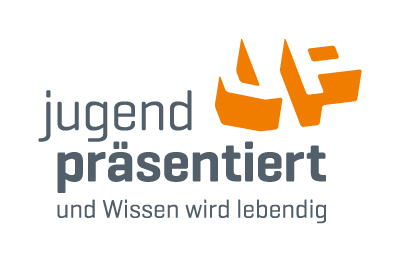
The initial development of the Youth presents project started in July 2011 and was, under the lead of Olaf Kramer, conducted by a research group that eventually evolved into the Presentation Research Center (Forschungsstelle Präsentationskompetenz).
The Presentation Research Center explores the foundations of communicative competence. It develops didactical concepts in the field of rhetoric – and contributes to the scientific framework of the Youth presents project. In particular, the Presentation Research Center developed exercises, trainings, and training materials that are available to schools and teachers nationwide. Moreover, the staff members of the project conduct trainings for teachers as well as pupils and students throughout Germany.
Official website: www.jugend-praesentiert.de
Facebook: https://www.facebook.com/jugend.praesentiert
Related publications (examples):
- together with Rainer Malaka (ed.): Multiplikatorenhandbuch Jugend präsentiert. Heidelberg 2012.
- (ed.) Trainingsfahrplan Jugend präsentiert. Heidelberg 2013.
-
Science Notes
The Science Notes are a new presentation and event format developed and organized by the Presentation Research Center. Our goal is to present cutting-edge scientific research in novel, exciting, and vivid ways that are easily intelligible and engaging for a wide audience. 
Ever since their premiere at klubK/Karlstorbahnhof in Heidelberg in November 2013, the Science Notes have been a very successful and innovative format complementing our diverse spectrum of activities and projects in the field of promoting science communication.
Official website: sciencenotes.de
Facebook: Facebook: https://www.facebook.com/sciencenotes5x15
-
Rhetoric and Knowledge (Lecture Series)
Rhetoric and Knowledge (Rhetorik und Wissen) is an annual lecture series addressing the fields of cognition and communication in the natural sciences. It serves as a public stage for exceptional scientists and communicators: each autumn, they give entertaining presentations putting forth innovative ideas and thought-provoking impulses regarding science communication. The lecture series is organized by the Presentation Research Center (Forschungsstelle Präsentationskompetenz) and reflects the social significance and crucial necessity of communicating knowledge in the modern knowledge society.
Knowledge communication can no longer be regarded as a field solely concerned with the problem of intelligibility; as a matter of fact, it is equally important to address the central rhetorical challenge of motivating and engaging a wide audience: actively kindling public interest and curiosity is an indispensable prerequisite for communicating scientific research and successfully sharing new insights.
-
Conference and publication project on Walter Jens and his work (in cooperation with Joachim Knape, Karl Josef Kuschel, and Dietmar Till)
On the occasion of Walter Jens‘ 90th birthday, a specialist conference examined his extensive oeuvre and discussed its actuality. The results were collected in the following publication: - together with mit Joachim Knape, Karl-Joseph Kuschel, and Dietmar Till (eds.): Walter Jens. Redner – Schriftsteller – Übersetzer. Tübingen 2014.
-
Conference and publication project on Thomas Bernhard’s rhetoric and art of language (in cooperation with Joachim Knape)
In Mach 2010, Olaf Kramer and Joachim Knape organized an interdisciplinary conference examining the dimensions of rhetoric and art of language in the work of Thomas Bernhard from the perspectives of rhetoric, linguistics, and literary studies. The results were collected in the following publication: - together with Joachim Knape (eds.): Rhetorik und Sprachkunst bei Thomas Bernhard. Würzburg 2011
-
Editorial project: Karl Gutzkow: Über Goethe im Wendepunkte zweier Jahrhunderte


